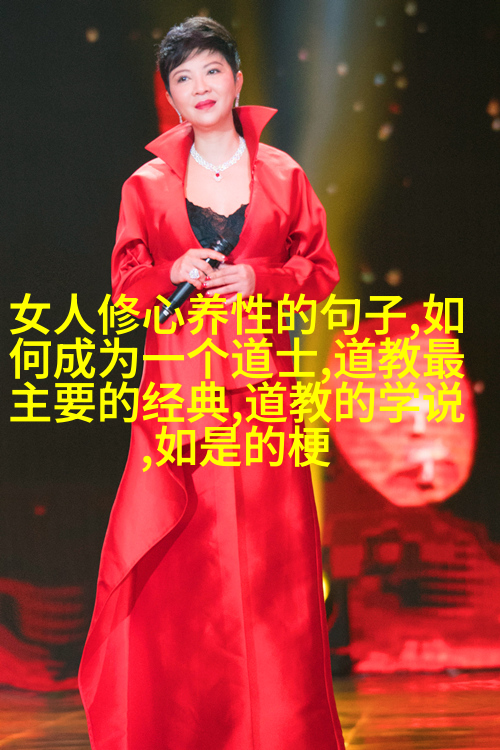Laozis Thoughts on the Harmony between Man and Nat
Laozi's Thoughts on the Harmony between Man and Nature: An Interpretation of the Written Word

Introduction
The Laozi, also known as the Dao De Jing or Tao Te Ching, is an ancient Chinese text that has been a source of wisdom for thousands of years. It was written by Laozi, a philosopher who lived during the 6th century BCE in China. The text is composed of 81 short chapters that discuss various aspects of life, including politics, ethics, and philosophy.

In this article, we will explore one aspect of Laozi's thoughts - his views on harmony between man and nature. We will examine how he believed humans should live in harmony with nature and how his teachings can be applied to modern society.
Chapter 1: Introduction to Laozi's Philosophy

Laozi's philosophy is based on two main concepts - Dao (the way) and De (virtue). He believed that Dao was a natural order that governed everything in the universe. He saw it as something beyond human control but also something that could be understood through meditation and contemplation.
De refers to virtue or moral character. According to Laozi, people must cultivate their inner virtues if they want to achieve balance with nature.

Chapter 2: Understanding Harmony with Nature
For Laozi, harmony with nature meant living according to the natural order (Dao). This meant respecting all things equally without preference or bias. It also involved recognizing our place within the larger ecosystem.

He believed that humans had become disconnected from nature due to greed and ambition. To reconnect with nature, individuals needed to let go of their egoistic desires and adopt a more humble attitude towards life.
Chapter 3: The Importance of Non-action (Wu Wei)
One key concept in Laozi's teachings is non-action or wu wei. This does not mean doing nothing but rather acting naturally without forcing things to happen artificially.
According to him non-action allows us align ourselves with Dao which leads us towards balance within ourselves as well as harmony between man & nature
Chapter 4: Applying these Teachings Today
While some may argue that these teachings are too old-fashioned for modern society today there are still valuable lessons we can learn from them:
Respecting all things equally
Living simply
Recognizing our place within ecosystems
Adopting humility over egoism
By applying these principles we can improve our relationship with environment leading toward sustainable development & peaceable coexistence among species
Conclusion
Laozis thoughts on harmony between man &nature provide insights into how humanity might better align itself not only towards ecological sustainability but also personal fulfillment In understanding what he means by 'living accordingly' ,we come closer towards achieving this harmonious state where both individual wellbeing & environmental protection coexist peacefully



